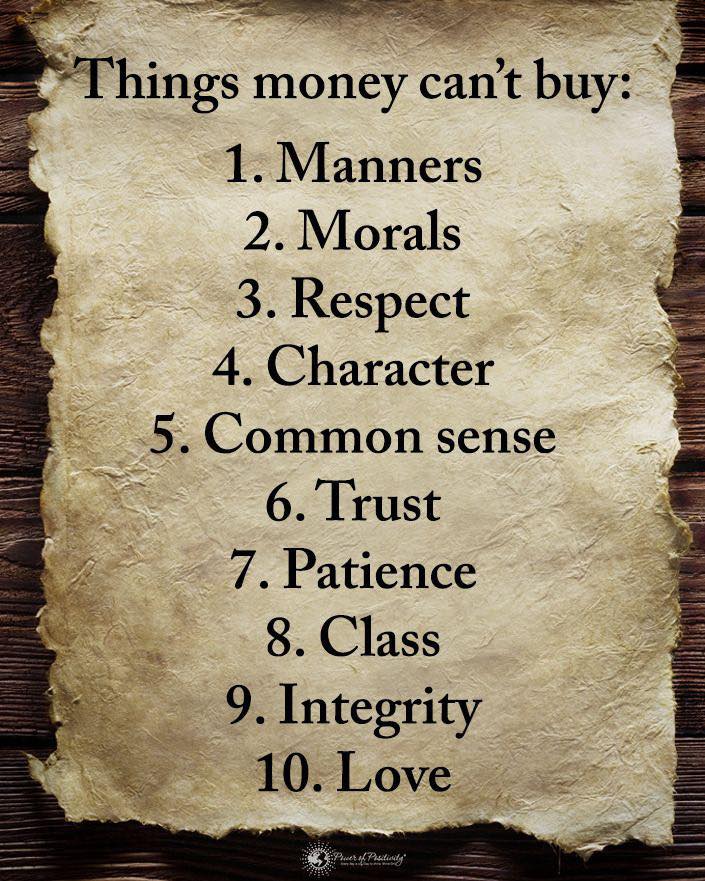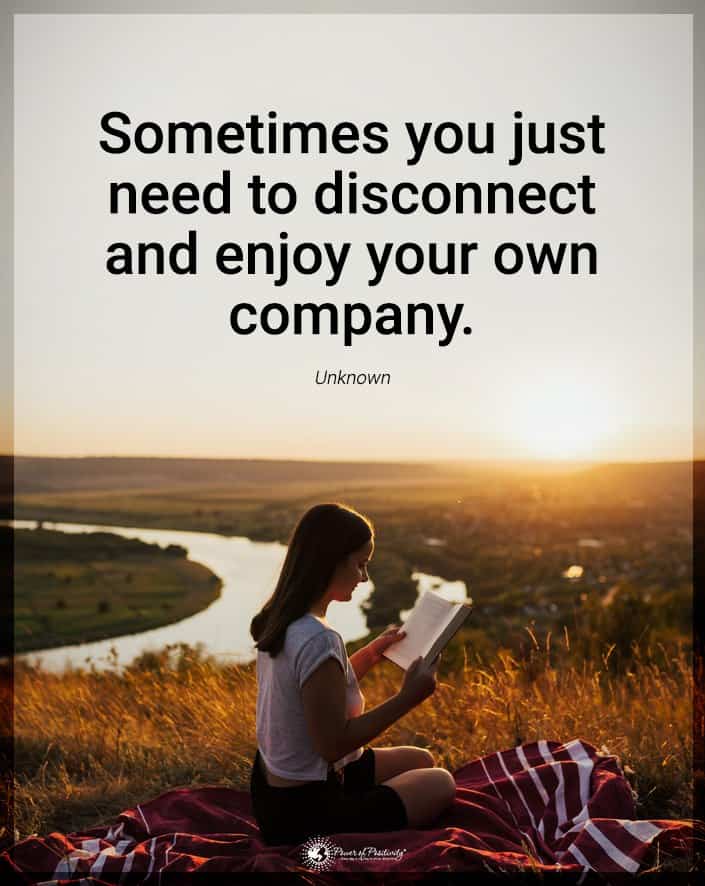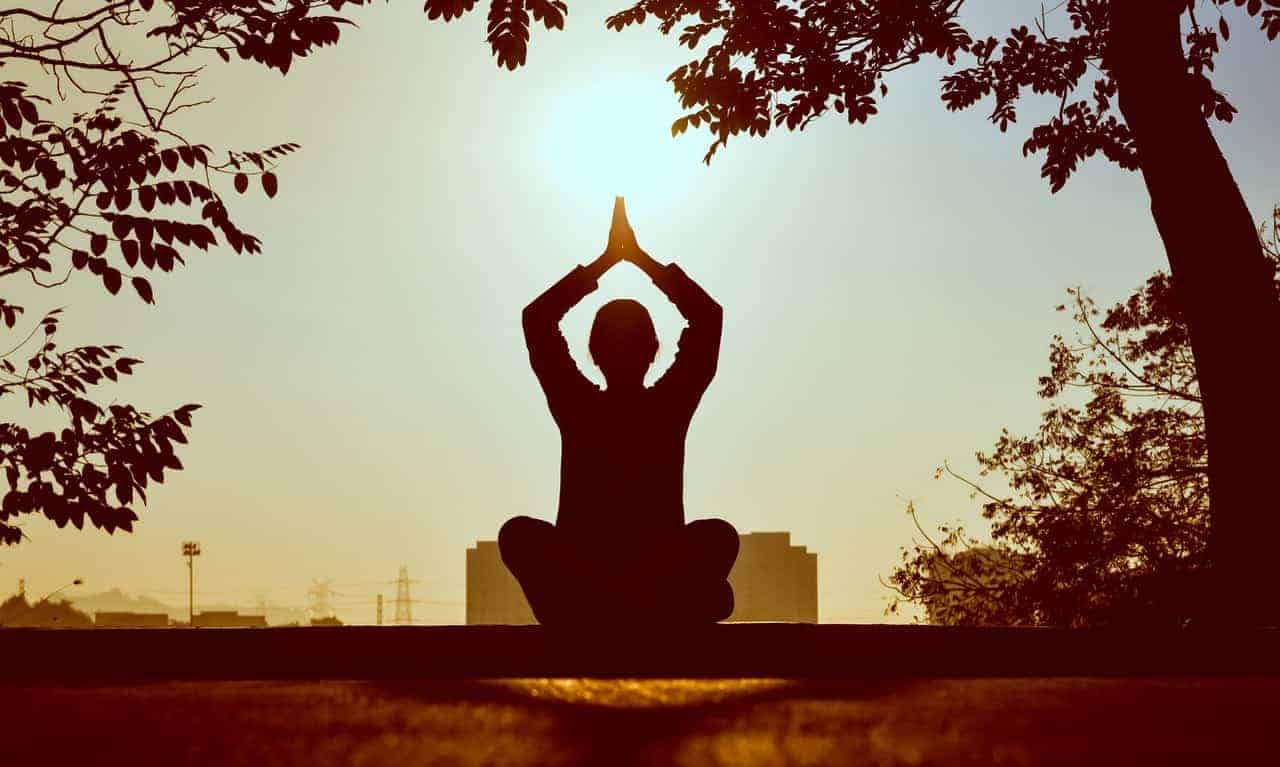Here is a universal truth: we make things too hard on ourselves. The fact is that each of us is responsible for how we feel about life. Will we approach life with a load of stress and a heavy heart? Or will we “stay light” and carefree until the Universe calls us home? You may want to be carefree but just don’t know how to simplify your life.
Contrary to what the bottomfeeders of media would have you believe, money and possessions (“more stuff”) doesn’t make you happier or more content. More stuff complicates things, and complexity is the antonym of simplicity. Here’s just one of the countless examples: In an 8,250-person study, researchers at Oxford Economics and the National Center for Social Research in the UK found that sex, sleep, and good relationship with loved ones are much more important to good health than exotic living.
“The ability to simplify means to eliminate the unnecessary so that the necessary may speak.” – Hans Hofmann (source)
Despite mountains of evidence, we continue to strive instead of thriving. Research informs us that 62 percent of people say that money is a “common source of stress,” and 61 percent say the same of their work.
Don’t judge or criticize yourself; it only adds to the problem. The vast majority of people have a difficult time finding balance in this hectic world. However, you can (and are) doing something about it by reading this article. Kudos to you!
“Why Simplify?”

“As you simplify your life, the laws of the universe will be simpler; solitude will not be solitude, poverty will not be poverty, nor weakness weakness.” – Henry David Thoreau
Those who simplify their lives have one thing in common: the need for freedom. Freedom from clutter, from debt, from too much stuff, and from worry. Above all, simplifying your life leads to Freedom of Mind.
Simplifying your life is all about shedding the unnecessary to focus on the things that matter. And who doesn’t want that?
To give you some ideas, here are ten ways that you can simplify your life, right now:
-
Get rid of clutter.
Clutter is a distraction; it’s an energy vacuum. Look at your desk. See all of that random stuff just scattered about for no reason? Organize it. Store it all inside a drawer (though you’ll probably find you never need to open it). If it’s something you may need later, put it away until that time comes. If it’s garbage, throw it out.
-
Write it down.
Mental clutter is just as real as physical. What has been rattling around in your noggin that needs to come out? Write it all down to simplify your life. Mental clutter drains your energy and increases stress. Writing stuff down in a personal journal or notebook will free up your cognitive reserves and help lighten your mood.
-
Stop buying “stuff.”
Most people buy way too much useless junk, especially those in the West. How many things have you bought, used for a few days, and never picked up again? Consider selling unused electronics, jewelry, or gadgets to a Miami pawn shop to recover some of your money. Buying stuff with little to no utility is not only unwise, but it is also harmful. First, you’re spending money that could otherwise go towards something valuable (or, better yet, saved). Second, you’re reinforcing the unconscious notion that “more is better” when this is not true.
-
Determine what’s important.
So many people overspend and accumulate “things” because they’re unclear about what’s important in their lives. Otherwise, why would you invest your time, money, and energy? Think about those things that matter to you – things that you want to invest time, money, or energy in – and get rid of everything else.
-
Meditate!
Meditation can shrink parts of the brain responsible for fear and negative emotion. Moreover, mindfulness meditation appears to thicken the pre-frontal cortex (PFC), the area of the brain that makes decisions and plans, allowing us to pay attention and concentrate.
-
Pay attention.
Speaking of attention, direct it towards what’s important. Gently guiding your focus on what’s happening now will help you appreciate those things we so often take for granted. Bring your full attention to what’s happening now.
-
Put away the tech.
Our laptops, smartphones, and iPads can help make our lives easier. The problem (and it is a problem) is that we’re becoming more distracted and less mindful. The adverse effects of the overuse of technology are well-documented and include the following:
- less productivity
- depression and anxiety
- obsessiveness
- poor relationships
- technology addiction
A simple way to simplify your life is to switch those gadgets off once in a while simply.
-
Single-task.
Regardless of what your boss thinks, multitasking is a myth. In fact, neuroscientists (people much smarter than your boss) continue to remind us that all our brain is doing is switching its focus. Moreover, “switch-tasking” results in added stress, more errors, and – get this – more time spent on the task. (Don’t tell your boss they’re wrong. Just sayin’.)

-
Learn to say no.
Listen, you’re a good person and a hard worker. You don’t need to prove these things to anyone else but yourself. Don’t feel as if you need to grant every person’s wish. Moreover, you don’t owe anyone an explanation for declining.
-
Appreciate the beauty of simplicity.
Simplicity can be a beautiful thing. So, simplify your life, feel the freedom, and relish in it.





















